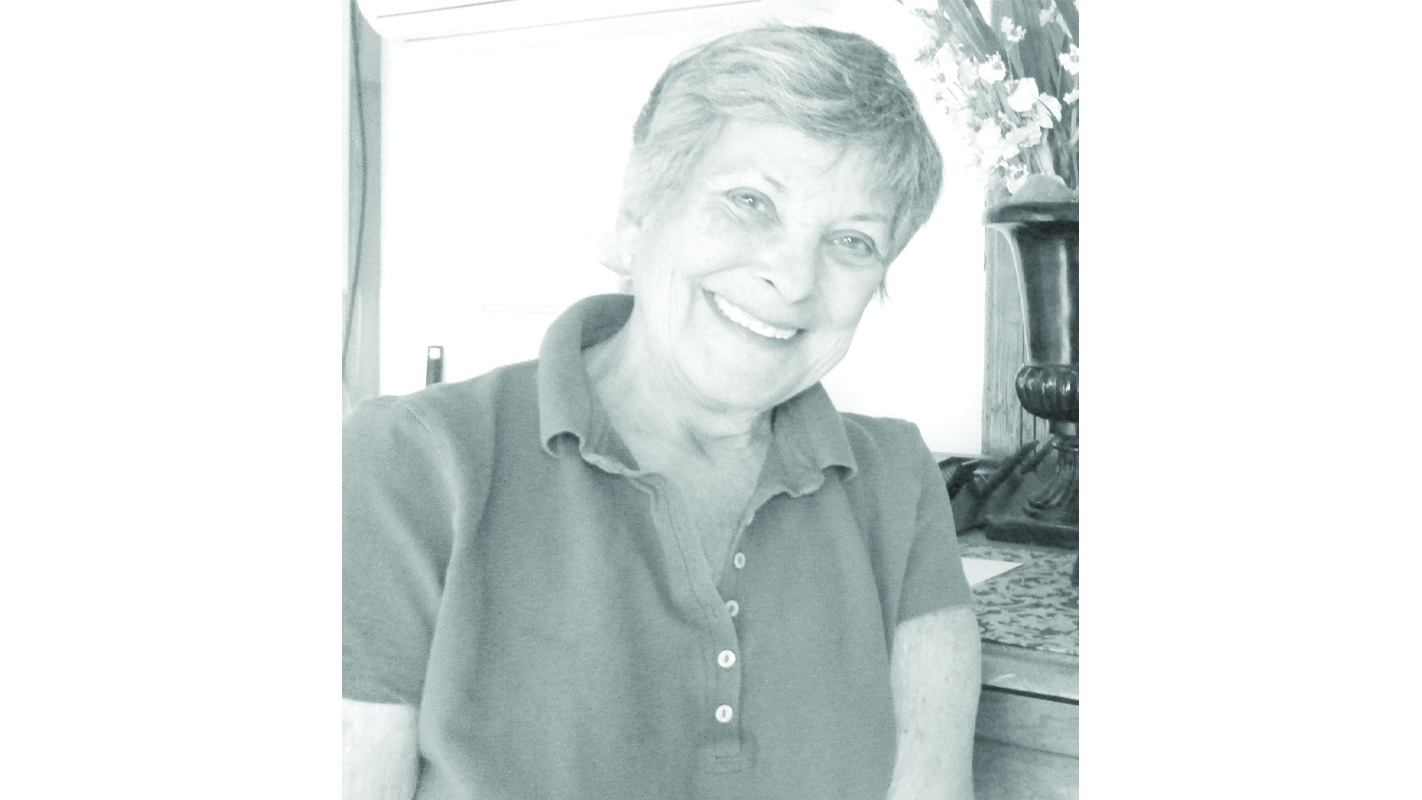A virtual care revolution is underway in Canada, spurred on by the COVID-19 pandemic. The C. D. Howe Institute, one of Canada’s independent, not-for-profit think tanks has provided us with a credible road map from here to there. (https://www.cdhowe.org/public-policy-research/canada%E2%80%99s-virtual-care-revolution-framework-success). What follows are excerpts from this “must-read” report.
As recently as February 2020, the Canadian Medical Association Journal reported that fewer than 25 per cent of family physicians in Canada made themselves available by email, and just 4 per cent provided video visits. But by June 2020, virtual care represented over 70 per cent of the ambulatory care provided by hospitals and doctors’ offices across the country, a surprising increase from just five months before.
The COVID-19 pandemic has forced the health system to re-evaluate the costs of physical contact (CoPC) because of the material risk of viral transmission to providers and fellow patients, the scarcity of personal protective equipment (PPE), and increased cleaning costs. Patients who initially stopped seeking care in the first wave of the pandemic later sought care cautiously, although they are still reticent to physically interact with the health system. Globally, health systems must redesign care to minimize the CoPC, while conserving face-to-face capacity for the care of patients who need to be seen in person. In this context, the pandemic represents an opportunity to substantially redesign healthcare delivery in Canada, making it more patient-centric and cost-effective, while substantially reducing the costs of physical contact borne by patients and healthcare providers alike. Virtual models of care have been developed to meet these challenges; however, these models need to be situated in an approach to care that is equitable and oriented toward enhancing the health of populations. Doing so requires co-designing long-term solutions with patients, building trust among providers, and working with governments to establish sensible policies that will ensure the sustainable use of virtual care long-term.
With that vision in mind, the authors suggest that care redesign starts with asking three simple questions:
• Is this medical service necessary?
• Can this medical service be delivered well without physical contact?
• What site of service is best for physical contact?
Applied broadly across the health system, this care redesign would lead a massive shift away from physical interactions, towards an almost equal ratio of physical to virtual interactions. This would greatly reduce infection risk, but also has the potential to reduce healthcare costs, increase patient convenience and create health system capacity. In order to operationalize this new way of caring for patients, however, new rules are necessary to ensure we can deliver high-quality, sustainable healthcare as the “new normal.” This shift is a disruptive innovation. The CoPC are a new dimension against which to measure health system quality and accessibility. Innovative delivery models that reduce the CoPC can also create a new market opportunity and a new quality dimension upon which to compete.
At the health centre in Ayer’s Cliff with which I am associated, some of this revolution is underway. The Centre never closed because of COVID – it just kept welcoming new clients who were looking for timely care and a welcoming environment.
Before COVID, no doctor provided email or telephone consultations. In the last 5 months, doctors at the health centre have seen more than 500 patients in person and have spoken to more than 300 by phone. Nurses have seen almost 1,400 patients and have consulted virtually with almost 600. The Centre hopes that before too long, virtual visits via secure internet, with the ability not just to talk to a patient, but to check heart, blood pressure, temperature etc. will be a reality. Stay tuned.
Dian Cohen is an economist and a founding organizer of the Massawippi Valley Health Centre.
Cohendian560@gmail.com
For full story and others, subscribe now.





